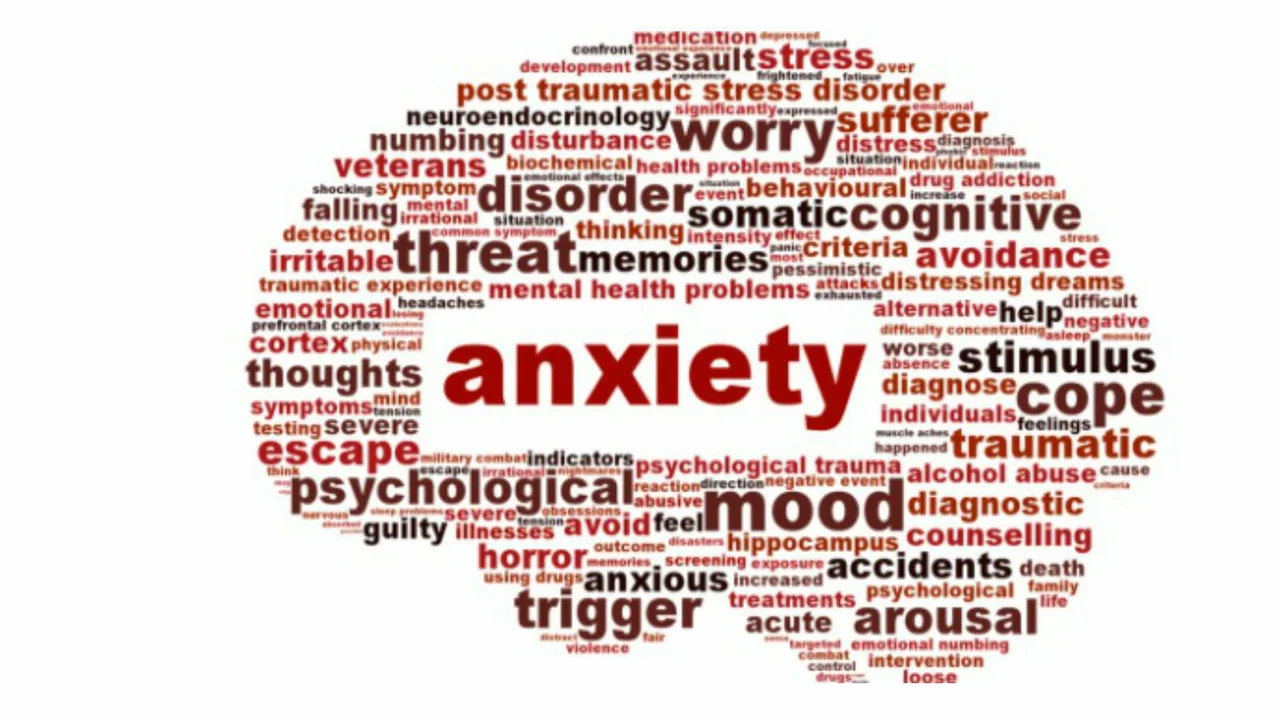Emotional Side Effects: What to Expect and How to Manage
Feeling different after starting a medicine? Emotional side effects are common, and knowing what to watch for helps you act fast.
Some drugs can change mood, energy, or emotions. Common culprits include corticosteroids (which can cause mood swings and irritability), antidepressants (early anxiety, emotional blunting, or rare increased suicidal thoughts in young people), some blood pressure and heart medicines, antiepileptics, isotretinoin, and hormonal contraceptives. Side effects vary by drug, dose, and person.
Watch for clear warning signs. Sudden severe sadness, hopelessness, new or worse anxiety, panic attacks, extreme irritability, manic behaviors (very high energy, risky choices), or thoughts of harming yourself need immediate attention. Mild changes like decreased motivation, low libido, or feeling numb should still be discussed with your prescriber.
Track changes simply. Keep a daily log for two to four weeks after a medication change. Note mood, sleep, appetite, and any new behaviors. A quick chart helps your doctor spot patterns and decide if the medicine or dose needs changing.
What to tell your doctor. Be specific: when the change started, how long it lasts, what makes it better or worse, and whether you have any thoughts of self-harm. Mention other meds, supplements, alcohol, and caffeine. Don’t downplay symptoms — early details make safer choices possible.
Simple management steps you can try now. Keep a regular sleep schedule and get light exercise; both lift mood for many people. Skip alcohol and illegal drugs, which can worsen emotional side effects. Try breathing exercises or short walks when anxiety or irritability spikes. If a medicine causes severe insomnia or agitation, your clinician can often adjust timing or dose.
Medication adjustments doctors may use. Options include lowering the dose, switching to a different drug, adding a short-term medication to ease side effects, or slowing a taper instead of stopping abruptly. Never stop or change prescription doses on your own; withdrawal can worsen emotional symptoms.
When therapy helps. Talk therapy works well alongside medication changes. Cognitive behavioral therapy (CBT) can reduce anxiety and negative thinking fast. If you prefer non-drug routes, ask about counseling, stress management, or group therapy.
Emergency signs you should never ignore. If you have active thoughts of harming yourself or others, severe disorientation, or a manic episode that risks safety, call emergency services or your crisis line right away. Ask a trusted person to stay with you until help arrives.
If you want more practical info, search our guides on steroid mood effects, natural alternatives for anxiety, or medication comparisons. We break down real risks and clear steps so you can manage mood changes safely.
Typical timelines: some emotional side effects start within days (steroids, stimulants), many show up in the first two weeks (antidepressants), and withdrawal symptoms can appear within days of stopping. Improvements often take weeks once a change is made. Ask your clinician for a clear follow-up plan within 1–4 weeks so you both can check progress and act fast if things get worse. Keep emergency numbers handy and involve family when needed — ask for help.




